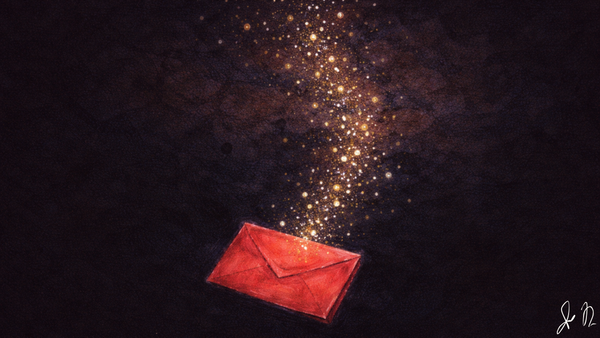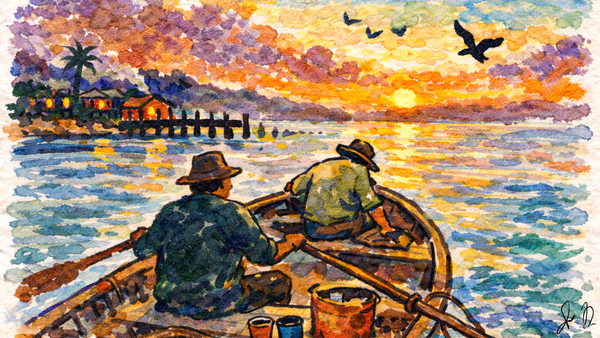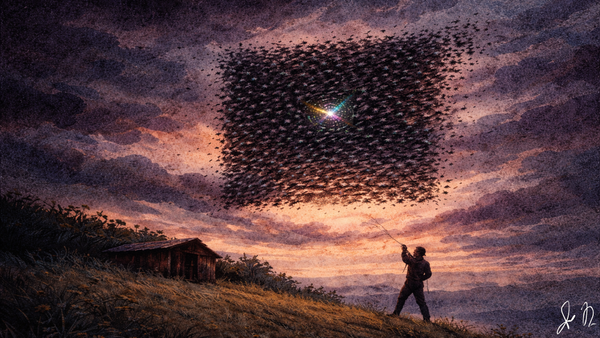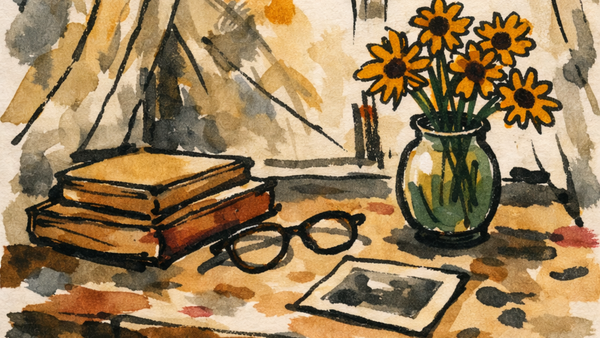The Man in the Mirrors
They say a man has three faces: the one he shows to the world, the one he shows to his family, and the one he shows to himself alone.
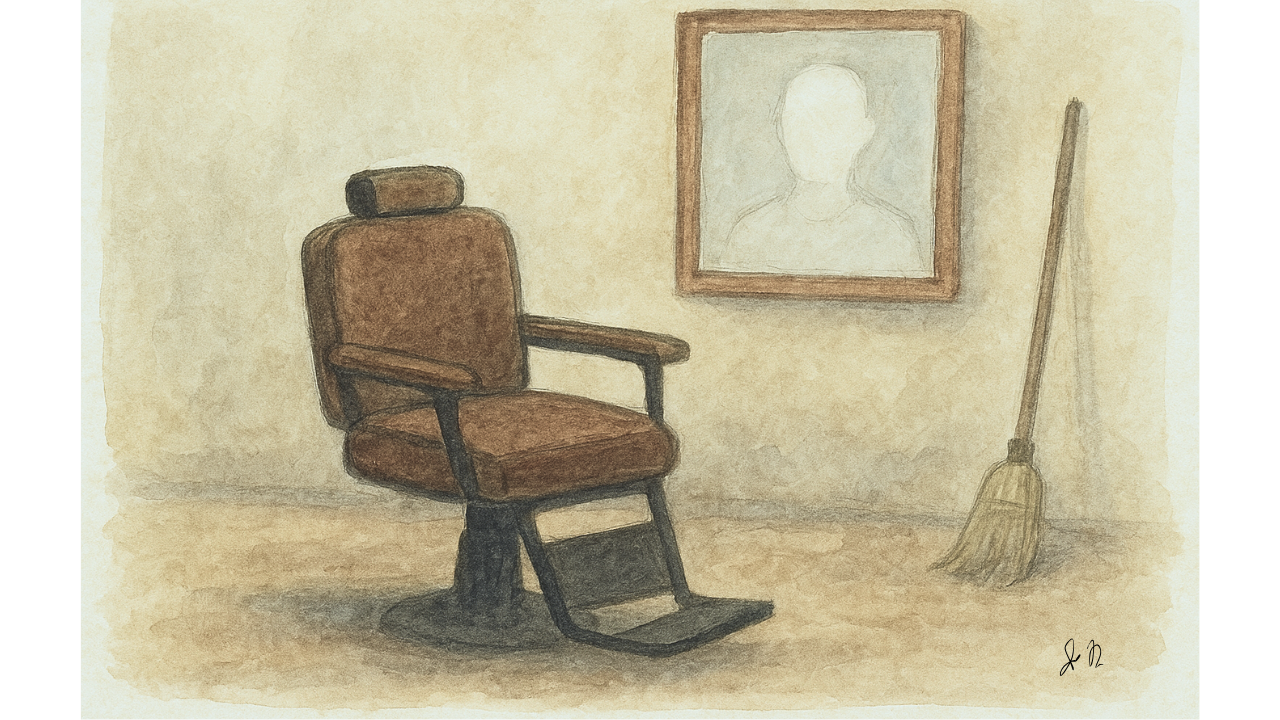
Beauregard Tate knew, standing in the doorway of his brother’s abandoned barbershop with the afternoon light slicing through dust and memory like judgment itself, that he had been running from his third face his whole natural life, keeping it locked away like some shameful secret that might poison everything he had built if it ever saw the light of day. The Japanese had a proverb about this trinity of selves, something ancient and knowing that spoke to the way men fracture themselves to survive in a world that demands they be everything and nothing all at once, and Beau had always figured himself smart enough to keep those faces separate, clean, manageable—the way you might keep different suits for different occasions, never letting them touch, never letting them blur together into something that might reveal more than you were willing to show.
But here in Calypso’s shop, his brother's shop, where the smell of bergamot and old leather still clung to the air like prayers that had lost their way to heaven, where three mirrors mounted on opposite walls had once reflected the transformations of men who believed that looking different might help them become different, Beau found himself caught in a geometry of reflection that made hiding impossible, made the careful compartments of his life collapse into each other like a house of cards in a stiff wind.

